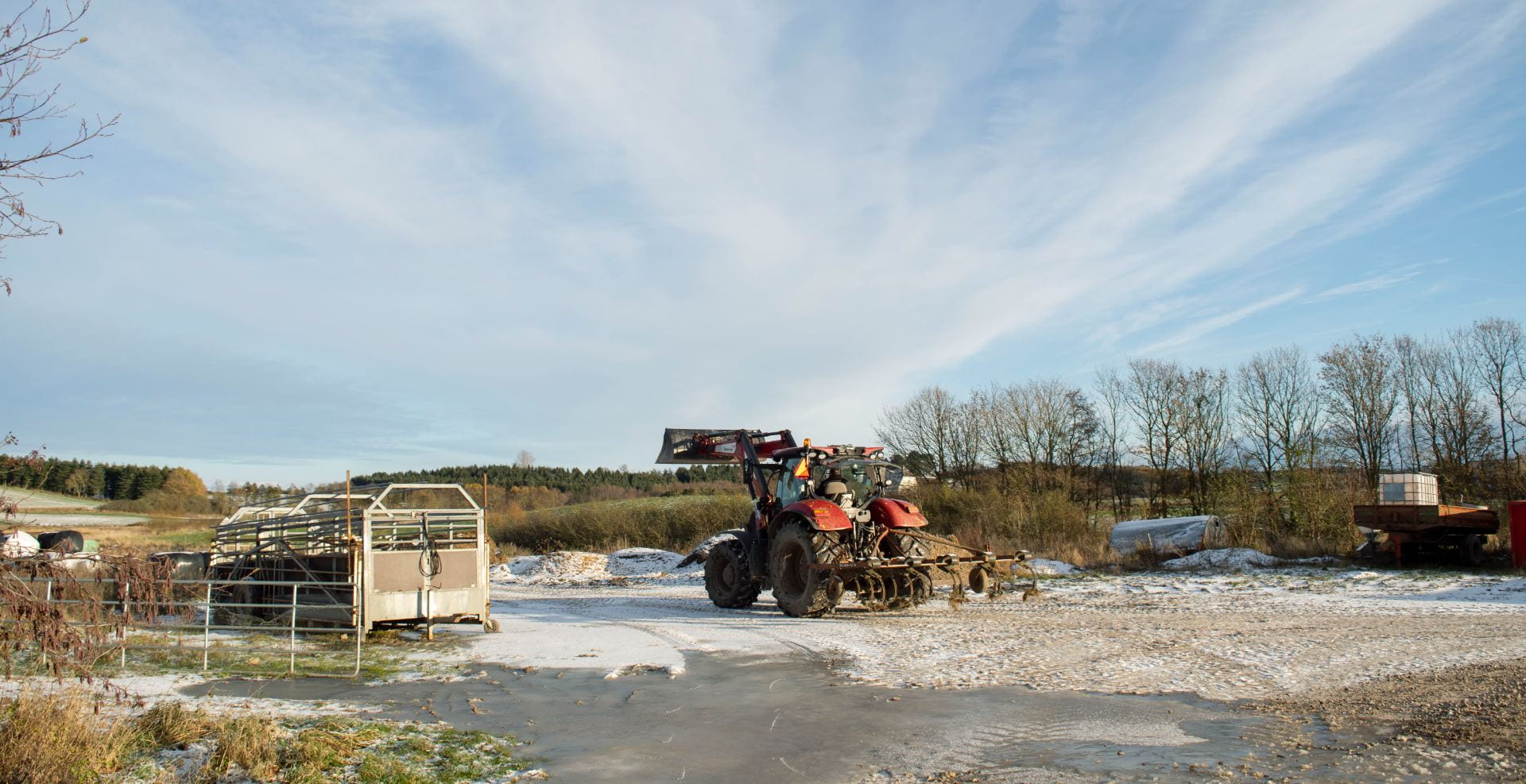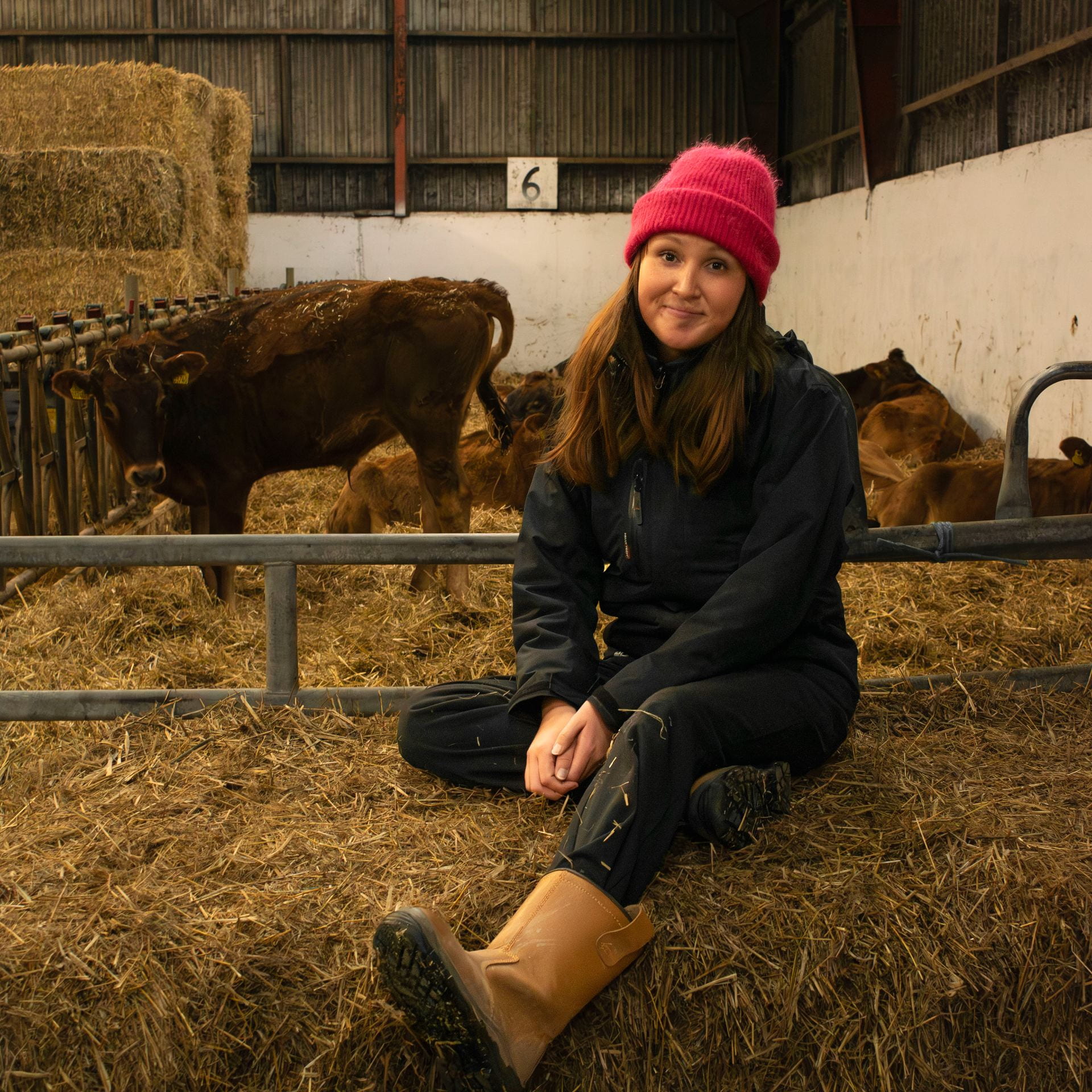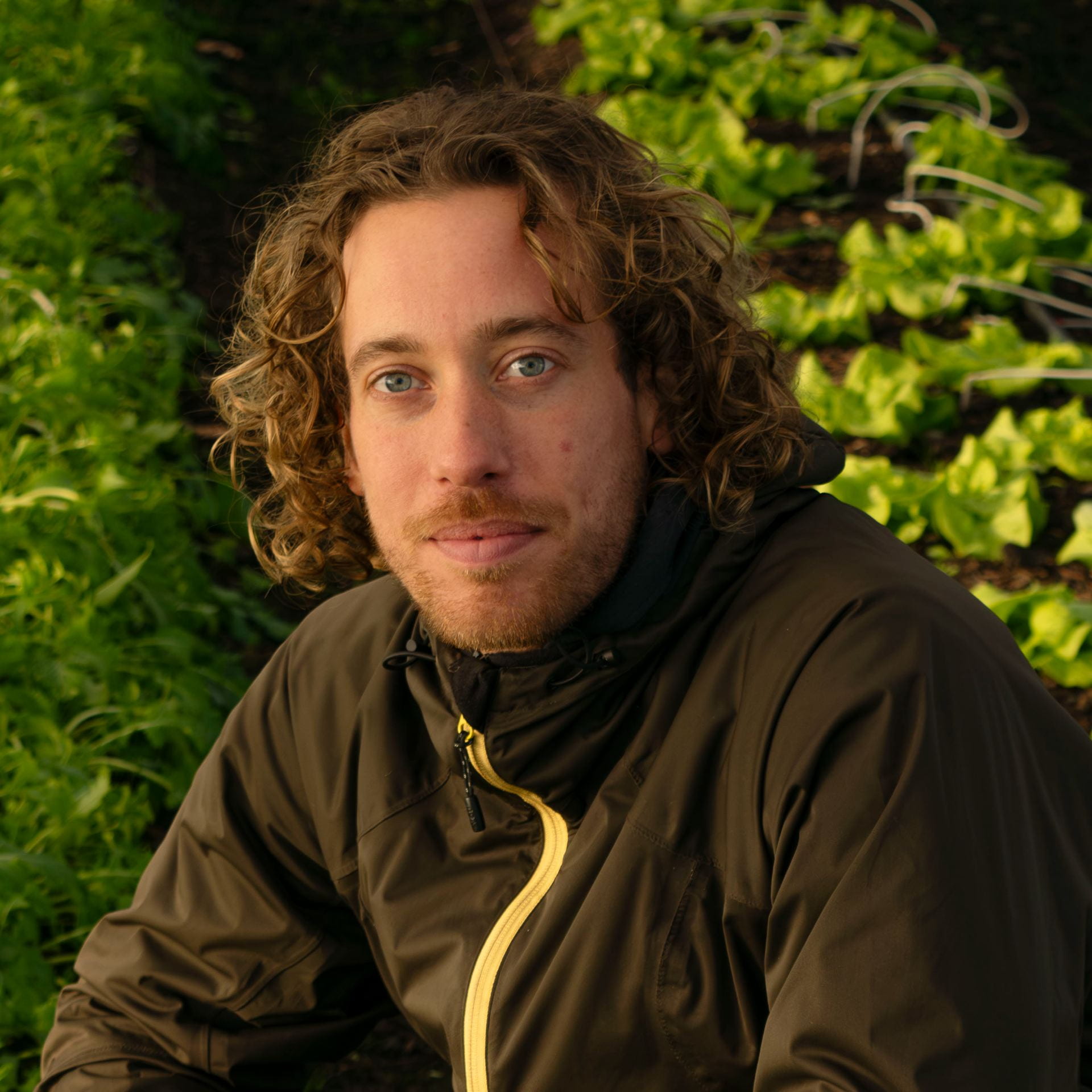Harvesting the future: First generation farmers in Denmark

The fields glisten, the sky is icy cold, and clear blue. The stables and greenhouses stir with life in the glimmering midday light under a thin layer of snow. It is quiet on Kalø Organic Agricultural College, which is nestled on farmland neighboring Mojls Bjerge National Park. Winter is not the season for hustling farming activity, but the students’ voices and laughter float down a little rocky pathway leading to the main building.
In general, Kalø looks like something out of a Scandinavian picture book, a little utopia. At mealtime, the 60 students gather to enjoy the fruits — and vegetables and meat — of their labor. The organic farm-to-table cuisine highlights the school’s emphasis on sustainability and self-sufficiency. Happy chit chat takes place amongst the group of twentysomethings and thirtysomethings sporting a hotchpotch of Wellies, dungarees, Norwegian wool sweaters, piercings and tattoos. The group seems to take good care of each other, a close community with a surprisingly even gender balance — especially when compared to the farming industry’s primarily male composition.
Even here, though, students are faced with pertinent industry issues. Kalø bay serves as a picturesque backdrop to the college, but the water is actually dead — toxic to most wildlife. The fish disappeared a long time ago, and the shallow water basin of the Baltic Sea is amongst the most troubled marine ecosystems in the world. This loss of livabilty most likely stems from excess nutrients leaching out of soil into the water through, for example, farm run-off. Public discourse on emissions and water pollution has harmed the industry’s image heavily over the last years. In addition to negative public perception, farmers have to compensate for high capital investments and patriarchal inheritance processes, since the agricultural sector is a rather closed profession.
So why go into farming at all?
First generation farmers — that is individuals not raised on farms — cite “dedication to environmental justice and social justice” as the biggest reasons for choosing the high-risk and low-return business. Inspired by the success of others and their belief to do something they love which will be profitable, a young generation is being educated to fight for a better and organic future for the farming industry, and the planet.
The students of Kalø belong to this generation of doers and dreamers.


Stories by Chiara Fürst, Savannah Webb, Muhammad Ibrahim, Alessandro Strobbe and Leyla Eminova
Photo credits: Savannah Webb